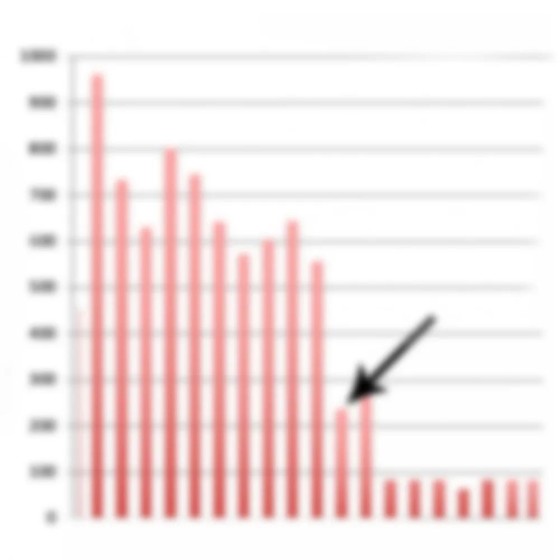The website in question was poorly trafficked - about 170 unique visitors each day resolving to around 800 daily page views. The website typically returned two enquires a day. This stopped overnight around a week ago.
West did he do? He bought a library of content for a $1 (he overpaid).
Poor quality and duplicate content in your blog is poison unless there's markup in your code that points Google to the primary source. This canonical URL in the page's HTML reduces the risk of your website being identified as engaging in plagiarism, and it's also used to assign value to other pages once an article is replaced or becomes obsolete (for example, Google recommends a canonical URL rather than 301 redirects).
Duplicate content isn't bad, necessarily, but if the majority of what you post is duplicate content, your perceived expertise , authoritativeness, and trust (or EAT, core search attributes), is diminished, and your search visibility *will* be compromised. If everything you post is duplicate content - even with appropriate canonical and other markup - you'll run the risk of having your site removed from search indexes entirely.
We have an article system ourselves, and this year we shared over 1000 articles. The system is completely automated and applies necessary makeup when sent. The same automation applies for articles you send to partner websites as part of the partner article module. However, the former module is one we discourage because it can impact on your organic visibility. Either your want to employ an organic content creation program or you don't, and if the latter applies, the article systems play a potential role.
The drop in traffic (as pictured) shows the significant impact bad advice and crappy content might have on your business. A crap content library might cost $1, but the impact can can cost you thousands.
#beliefmedia #linkedincompany #linkedin #financemarketing [title: Bad SEO] #marketingfunnel #marketing #finance





